I have this code in DayRepository.php :
public function findAllFromThisUser($user)
{
$query = $this->getEntityManager()
->createQuery(
'SELECT d FROM AppBundle:Day d
WHERE d.user = :user
ORDER BY d.dayOfWeek ASC'
)->setParameter('user', $user);
try{
return $query->getResult();
} catch (\Doctrine\ORM\NoResultException $e){
return null;
}
}
In the controller DayController.php, I have this code:
/**
* @Route("/days/list", name="days_list_all")
*/
public function listAllAction()
{
$user = $this->container->get('security.token_storage')->getToken()->getUser();
$days = $this->getDoctrine()
->getRepository('AppBundle:Day')
->findAllFromThisUser($user);
//$user = $job->getUser();
return $this->render('day/listAll.html.twig', ['days' => $days]);
}
The output of {{ dump(days) }} in day/listAll.html.twig is:
array:3 [▼
0 => Day {#699 ▼
-id: 11
-dayOfWeek: "0"
-lessonTime: DateTime {#716 ▶}
-user: User {#486 ▶}
-job: Job {#640 ▶}
-client: Client {#659 ▶}
}
1 => Day {#657 ▼
-id: 13
-dayOfWeek: "0"
-lessonTime: DateTime {#658 ▶}
-user: User {#486 ▶}
-job: Job {#640 ▶ …2}
-client: Client {#659 ▶ …2}
}
2 => Day {#655 ▼
-id: 12
-dayOfWeek: "4"
-lessonTime: DateTime {#656 ▶}
-user: User {#486 ▶}
-job: Job {#640 ▶ …2}
-client: Client {#659 ▶ …2}
}
]
What I really need is to group the results so that all the results that have the dayOfWeek as 0 will be grouped together? I need to group the results according to the dayOfWeek property. I have tried to use GROUP BY d.dayOfWeek in the query but I get this error:
SQLSTATE[42000]: Syntax error or access violation: 1055 Expression #1 of SELECT list is not in GROUP BY clause and contains nonaggregated column 'taskMaestro.d0_.id' which is not functionally dependent on columns in GROUP BY clause; this is incompatible with sql_mode=only_full_group_by
Thanks for your time.


